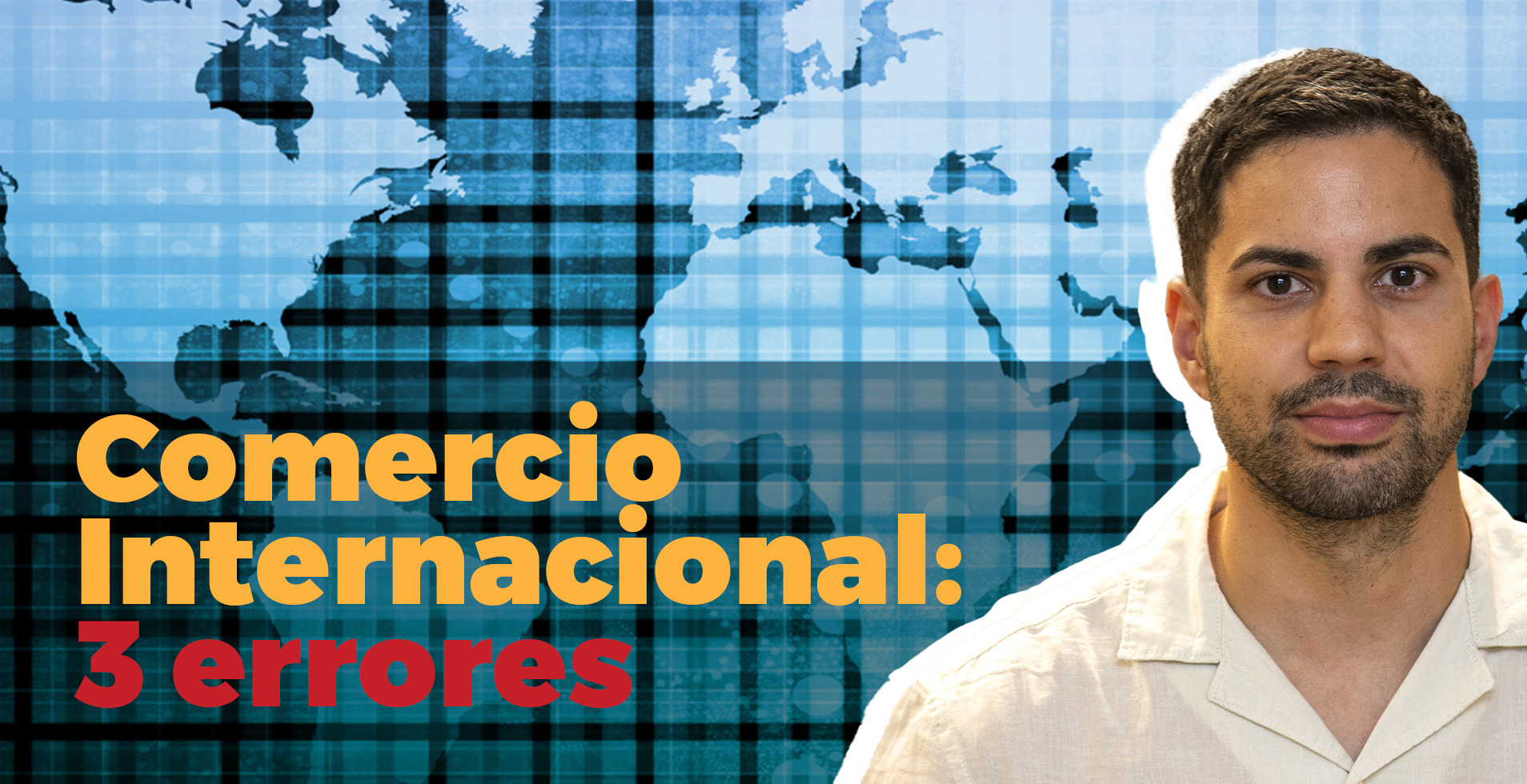Analyzing the job market is an issue that generates great interest, especially among those who are immersed in their academic training and those seeking to improve their employment status. In this discussion, a comparison between vocational training (VT) and university education stands out. What is the demand for professionals from VT compared to university graduates? We’ll discuss this below.
According to the National Institute of Statistics (INE) of Spain, VT graduates have been increasingly positioning themselves in the job market, especially in technical and service areas, due to their practical and direct approach. In fact, vocational training has experienced a surge in recent years and is perceived as a fast and efficient way to integrate into the working world. In the 2021-22 school year, the number of students enrolled in VT courses in Spain exceeded one million for the first time.
If we look at the 2021 data, we see that, on average, a professional with vocational training took around 6.1 months to find employment after obtaining their certificate or diploma. In contrast, university graduates took about 7.3 months to find a job after graduation, according to the same INE report. This suggests that VT graduates may have a slight advantage in terms of quick job placement in general, although the statistics may vary by field.
Although this difference may seem minimal, it’s important to remember that these averages are the result of a wide range of experiences. For instance, some areas of study, both in VT and at the university, may have much shorter or longer job search times depending on the labor market demand.
Moreover, it’s crucial to underline that these statistics do not take into account factors like the type of contract (permanent, temporary, full-time, part-time, etc.), working conditions, salary, promotion opportunities, or job satisfaction level.
The decision between VT and university education is a personal one that must take into account multiple factors. VT may be an excellent option for those seeking quick integration into the job market in high-demand areas. However, university studies typically offer a different range of opportunities, like research.
Advantages of Vocational Training
One of the most notable advantages of higher-level vocational training is its practical and specialized focus. In areas like Administration and Finance, International Trade, and Marketing and Advertising, VT graduates are equipped with relevant technical and practical skills that can be immediately applied in the working world.
The specialty of Administration and Finance, for example, prepares students to hold administrative and financial positions in companies from any sector. Graduates are trained to handle internal audit control, human resource management, labor consulting and relations, as well as investment analysis and selection. This highly skilled profile is highly valued in the industry, and graduates often have quick access to the job market.
In the case of International Trade, VT graduates are prepared to navigate the growing global economy. With a solid understanding of trade laws and regulations, as well as international marketing and finance, these professionals can help companies expand to new markets or optimize their existing operations. Given the increasing importance of international trade in today’s economy, this knowledge and skills are in high demand.
Finally, in the realm of Marketing and Advertising, VT graduates possess a set of highly applicable skills, from conducting market research and identifying opportunities, to creating advertising campaigns and measuring their success. In an increasingly digital world, marketing and advertising professionals are essential to help businesses stand out and attract the right customers. Also, being a less time-consuming course – two years, including internships – higher-level VT usually has a pragmatic approach and addresses current topics affecting the day-to-day of the marketing professional, such as artificial intelligence and the frequent updates needed in social media.
VT: An Option for Specialized Training
In summary, higher-level VT offers a solid preparation for the working world in technical and specialized areas, allowing graduates to quickly integrate into the job market. Additionally, many VT programs enable students to gain work experience through internships or work-based learning, which can be a valuable asset when seeking employment. In all these fields, practical and highly applicable training can provide a solid foundation for a successful career.
Both vocational training and university education have their advantages and disadvantages. It’s crucial to consider which one better aligns with personal goals, interests, and skills, as well as short- and long-term job prospects.



